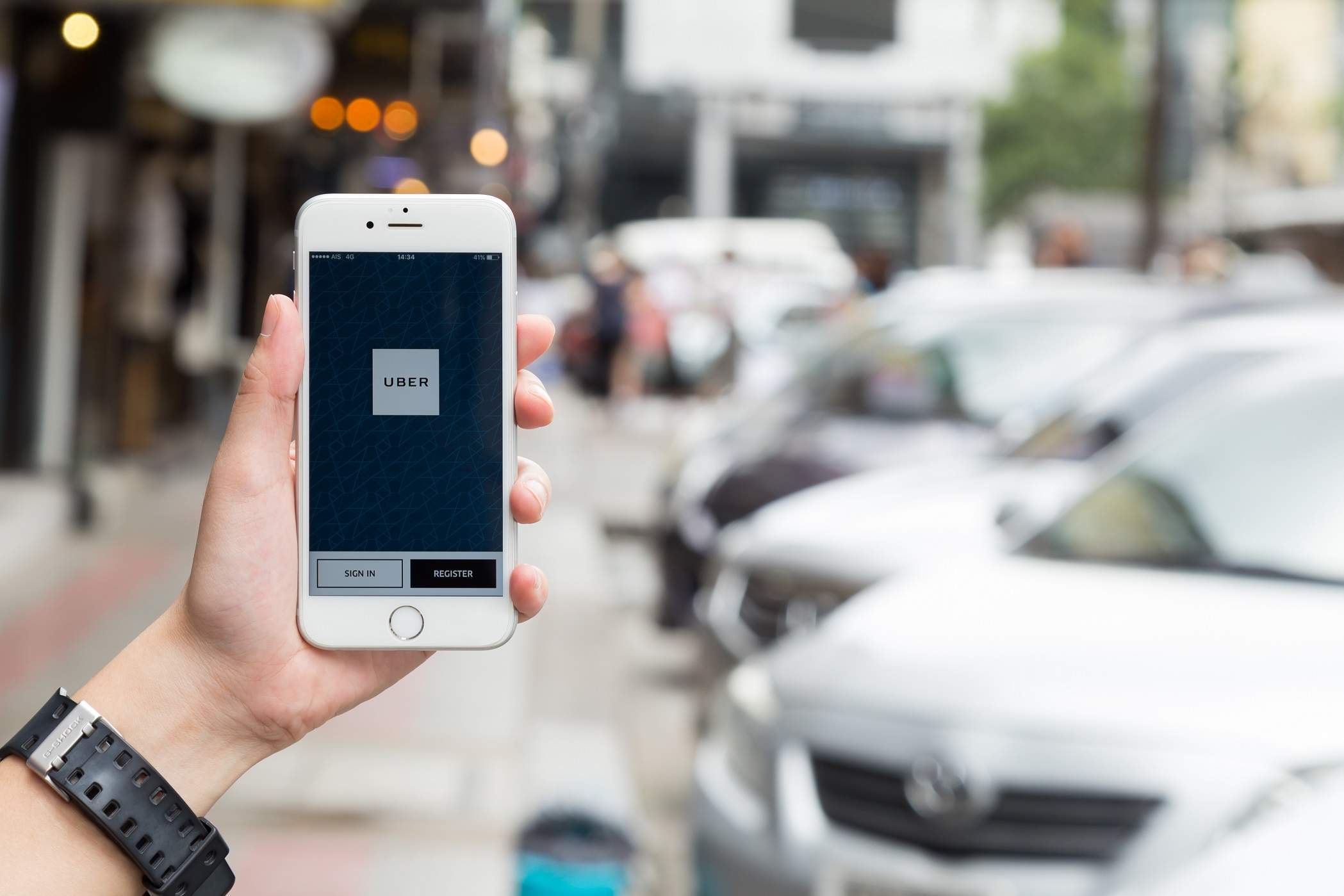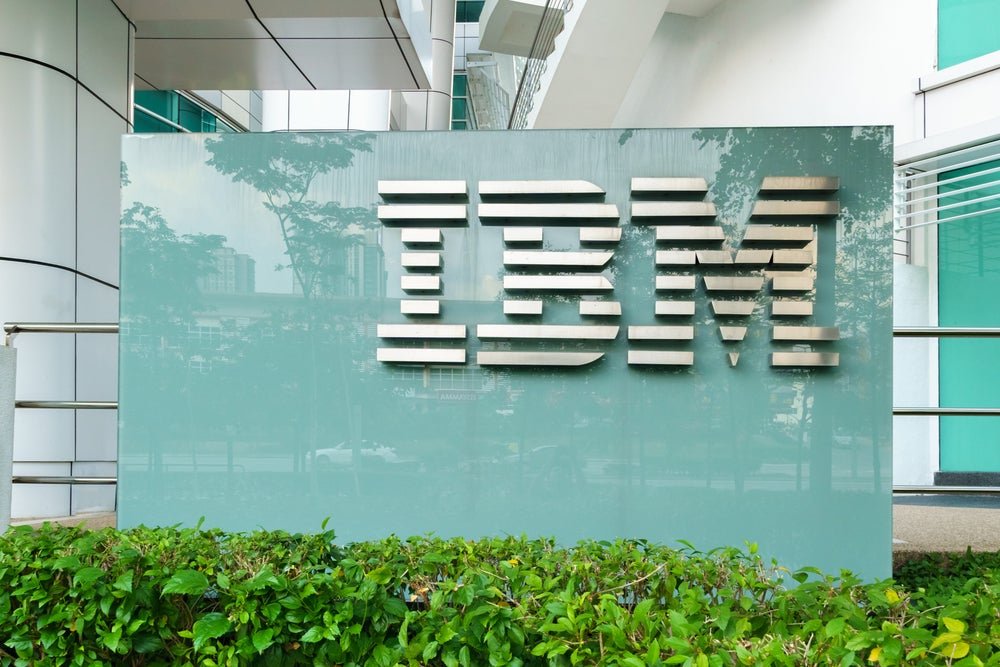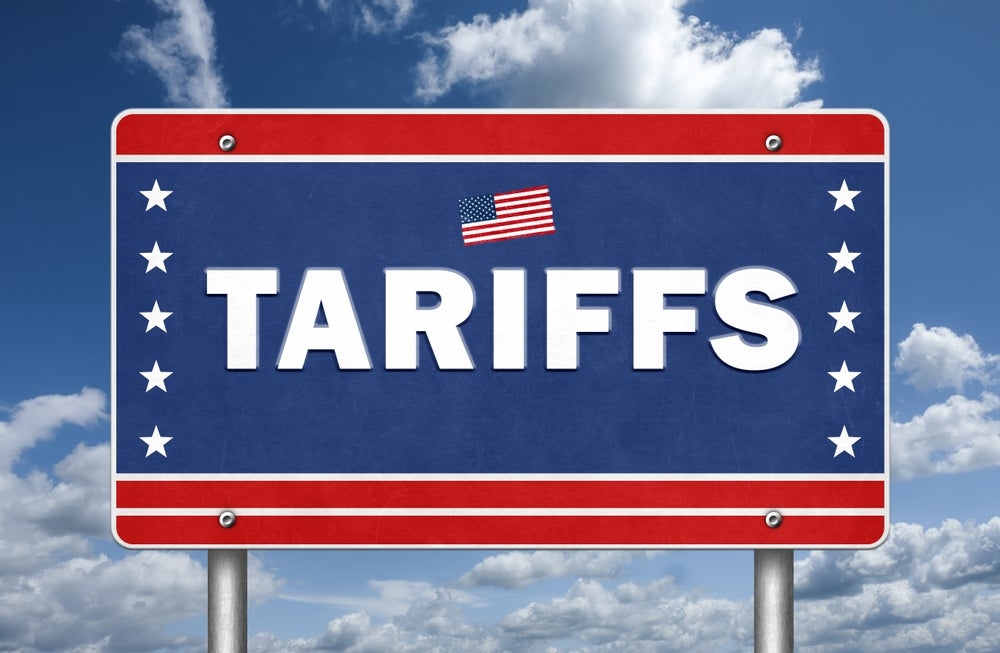
Uber has been denied a new licence to operate in London by Transport for London (TfL), with the transport body arguing that the ridesharing app is not “fit and proper”.
The decision follows lengthy legal wrangling between TfL and Uber, with the organisation first stripping the app of its operating licence in 2017, but then granting a 15-month extension in order to resolve issues around its safe operation in the city.
However, TfL has determined that not enough improvements have been made, meaning Uber now has 21 days to appeal the decision.
“While we recognise Uber has made improvements, it is unacceptable that Uber has allowed passengers to get into minicabs with drivers who are potentially unlicensed and uninsured,” said Helen Chapman, director of licensing, regulation and charging at TfL.
The decision is potentially disastrous for Uber. London is the ridesharing app’s largest European market, with 3.5 million users ad 45,000 drivers, and makes up the majority of its £60m yearly revenue in the UK.
Uber London licence revocation fails to shock
While the news is undoubtedly dark for Uber, many experts are unsurprised by TfL’s decision to revoke its London licence.
“It comes as a little surprise that again Uber have lost their licence in London, even if only temporarily,” said Professor John Colley, Associate Dean of Warwick Business School.
“Uber do not have the controls necessary to run a wide-scale transport service and assure passengers and authorities of adequate safety standards. Add to that a marked reluctance to fully cooperate with transport authorities and Uber might have predicted this scenario.”
“Is Uber really a good thing for London?”
The decision has also reignited discussion about whether the ridesharing app benefits the UK capital, particularly around the rights of drivers for Uber.
The company has faced considerable legal challenges to its technique of classifying drivers as contractors rather than employees.
Uber has already lost its case at the Employment Tribunal, the Employment Appeal Tribunal and the Court of Appeal, and has now escalated the case to the Supreme Court, the UK’s highest court, rather than accept the ruling that it should be classifying drivers as employees.
Given this, the GMB Union, which represents drivers, has welcomed TfL’s decision to revoke Uber’s London licence.
“As a result of sustained pressure from drivers and the public, Uber has suffered yet another defeat – losing its license to operate in London. The company finally has to face up to the consequences of GMB’s landmark employment tribunal victory and change its ways,” said Steve Garelick, GMB regional officer.
“Uber pulled more stunts than a Hollywood movie, now it’s time for them to accept their responsibilities. GMB wants to protect honest drivers, but it’s perhaps time for them to look elsewhere to work.”
While it is highly likely that Uber will appeal today’s decision, Colley regards TfL’s decision as an attempt to enforce better practices, and argues that the city may not actually regard Uber as essential in London.
“TfL have found that the only way to make Uber listen is to withdraw their license and let them appeal. That seems to gain Uber’s attention and produces concessions towards better controls,” he said.
“TfL have no wish to deprive Londoners of low cost convenient transport and we have seen the emergence of plenty of competitors such as Bolt, Ola and Kapten.
“Studies also suggest that half the passengers carried by Uber would otherwise have travelled on public transport or walked. To what extent is this in the public and environments best interests? It begs the question, is Uber really a good thing for London?”
Read more: Uber appeal for full London licence rejected, but UK public still on board







